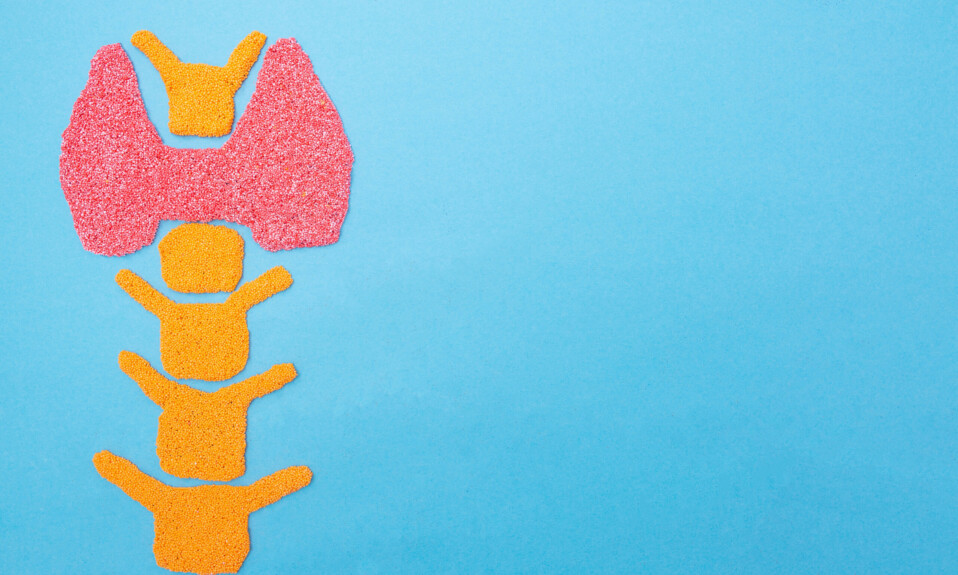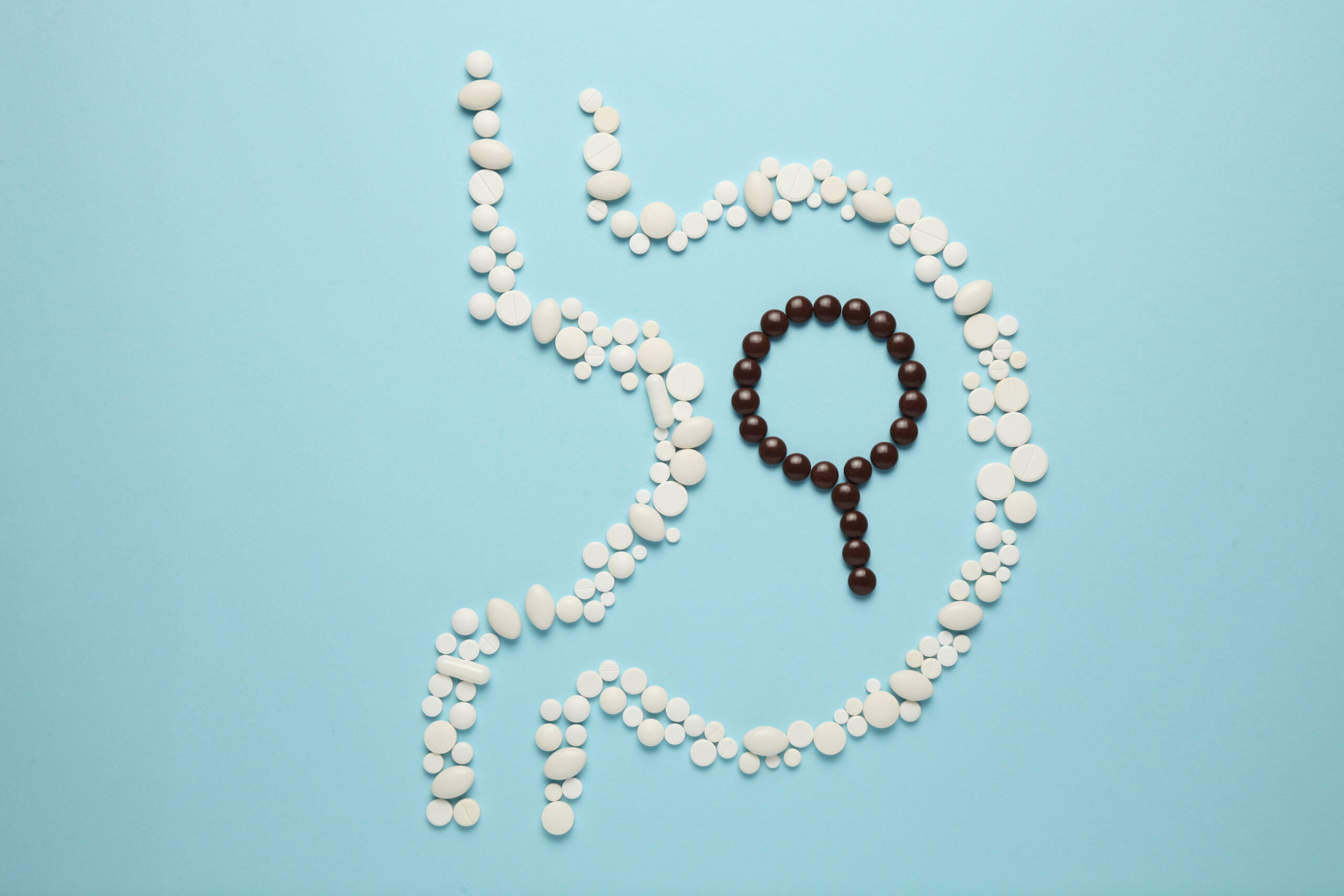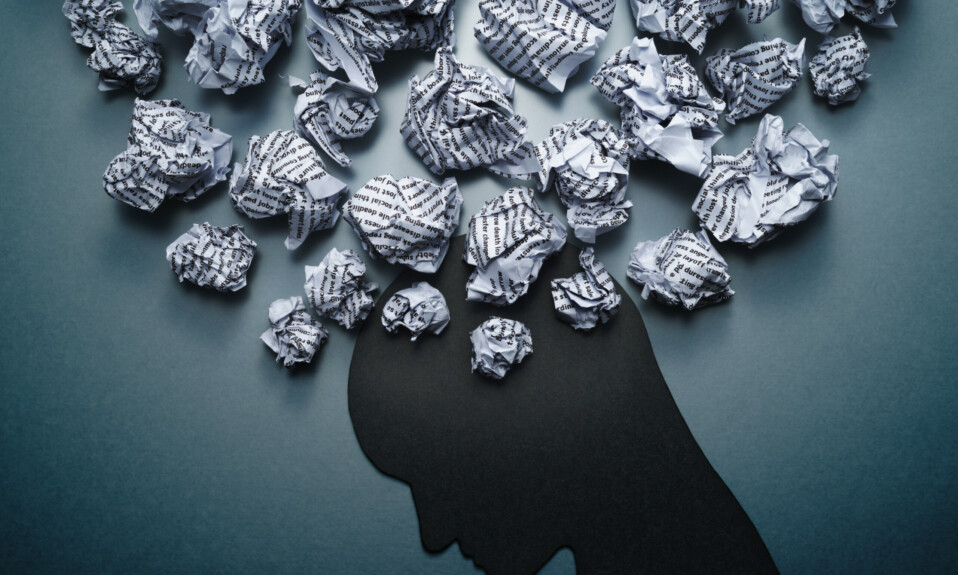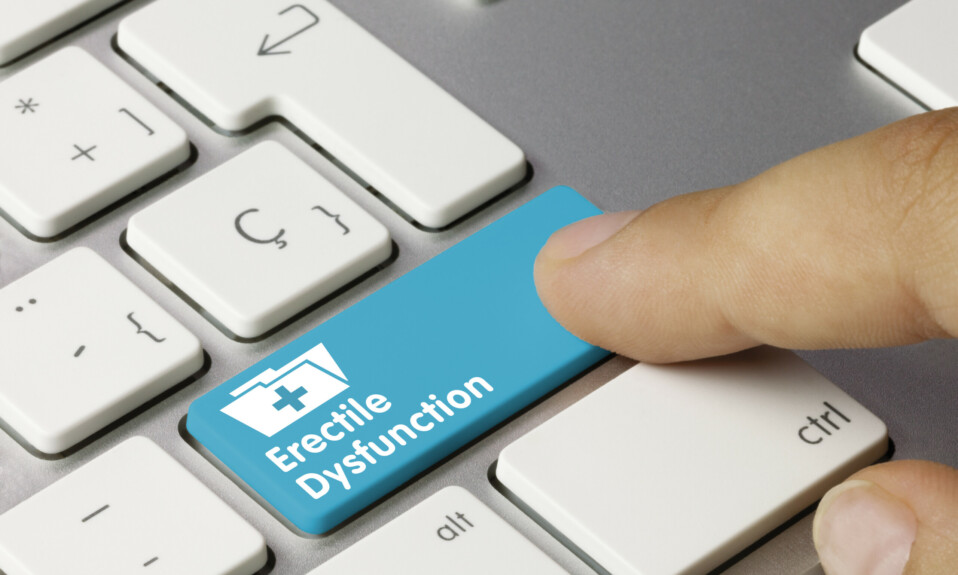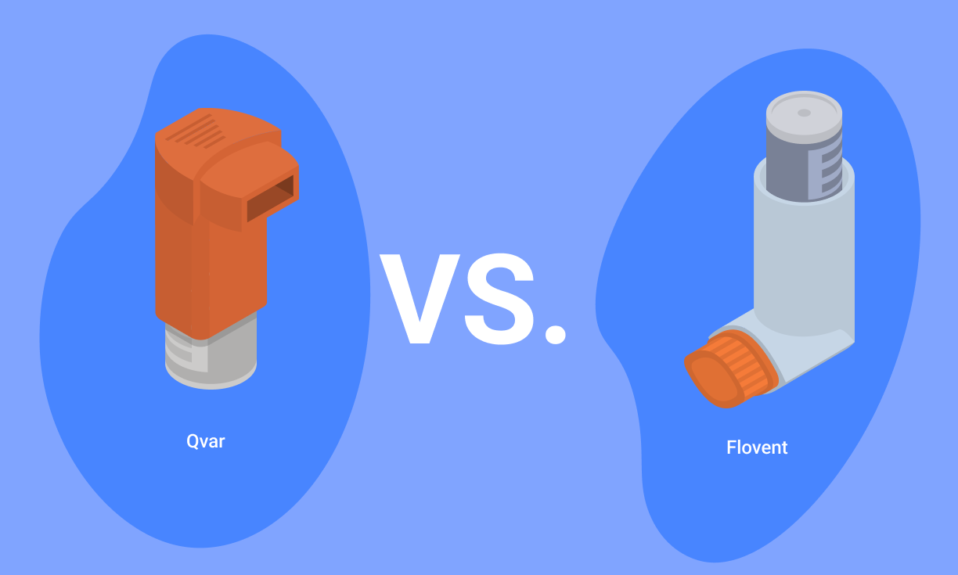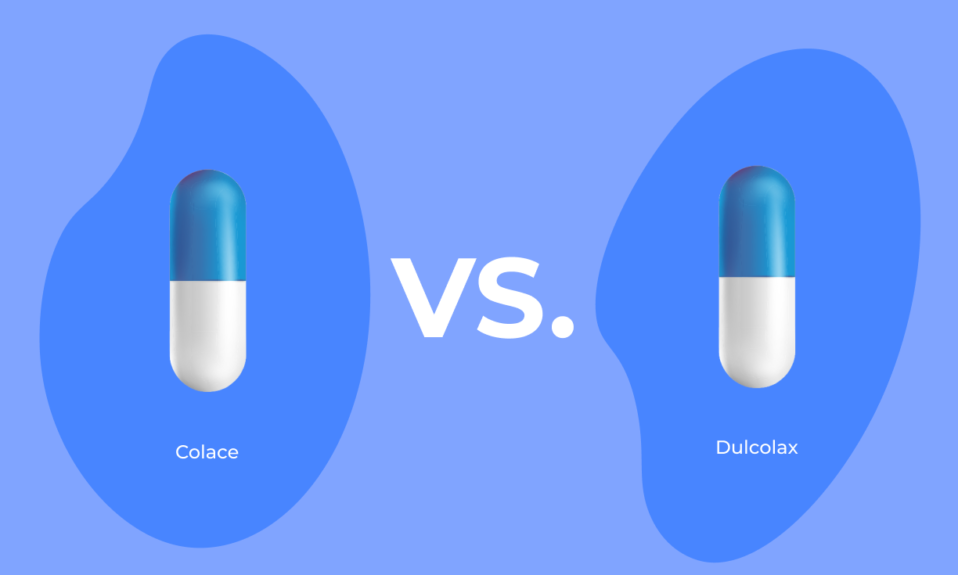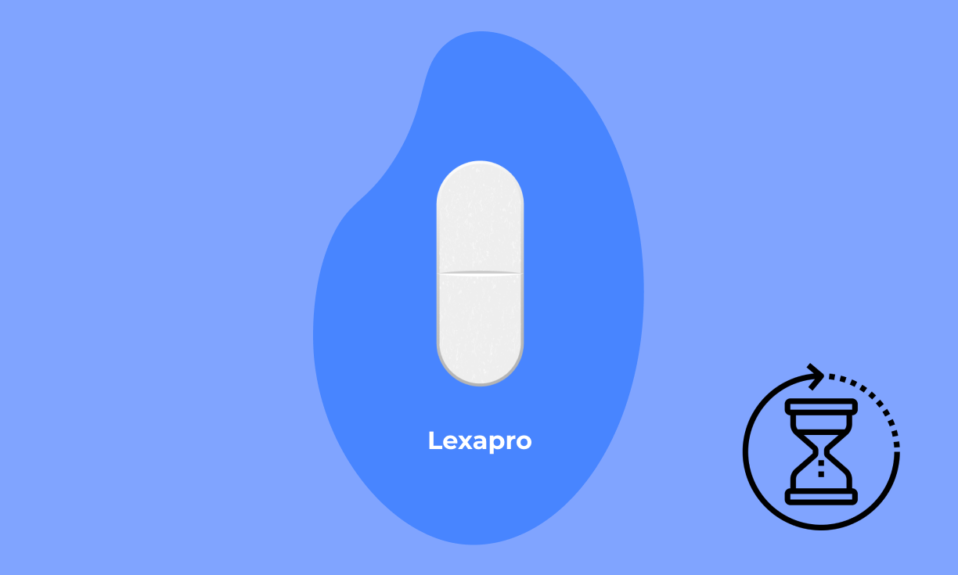Table of Contents Hide
If you have hypothyroidism, weight gain may be one of the symptoms. Green tea, as a non-prescription alternative, can help increase the metabolic rate, burn calories, and increase energy expenditure, which can lead to weight loss in thyroid patients. But there are some considerations that patients with thyroid should keep in mind.
Hypothyroidism is an endocrine disorder in which the normal thyroid function is affected and the thyroid does not create and release sufficient thyroid hormone into your bloodstream, resulting in low thyroxine levels. Nearly 5 out of 100 Americans ages 12 years and older have hypothyroidism.
The prevalence increases with age and is higher in females than in males. The implications of this disorder involve the entire body. Most common symptoms include fatigue, trouble tolerating cold, joint and muscle pain, dry skin or thinning hair, heavy or irregular menstrual periods or fertility problems, slowed heart rate, depression, and increased body weight.
One of the most potent treatments for hypothyroidism is hormone replacement therapy. However, there are several home remedies that you can use as an adjunct to help ease the symptoms of hypothyroidism. This article will discuss one of these remedies, i.e., drinking green tea, and determine if it is suitable for patients with hypothyroidism.
Hypothyroidism and Weight Gain
One of the most common symptoms of hypothyroidism is uncontrolled weight gain. This is because hypothyroidism can slow down metabolism. How does that happen?
The thyroid hormone in your body is responsible for regulating metabolism. Low thyroid hormone levels in your bloodstream can lead to a decreased Basal Metabolic Rate (BMR), which means that you don’t burn nearly enough calories while performing essential life-sustaining functions as an average person does. This means that you will keep adding weight even if you complete the same activities you did before.
The excess weight gain in patients with hypothyroidism is also due to the excess accumulation of salt and water.
How Green Tea Helps With Weight Loss
The primary reason for uncontrolled weight gain in hypothyroidism is the slowing metabolism because of low thyroid levels. This means you don’t burn enough calories and ultimately gain undesired weight. Green tea is known for its role in speeding up metabolism and burning calories and hence why it can be beneficial for underactive thyroid disease.
What Does Research Say About It?
Research is the cornerstone of every scientific question we ask. According to a study conducted in 2008 in the American Journal of Clinical Nutrition, green tea extract played an essential role in burning fats and calories. The tea also provides a substantial increase in energy expenditure.
Many researchers thought that the weight-losing properties of green tea were due to one of its components – caffeine. However, it turns out that green tea has way too many properties independent of caffeine. This came to light when researchers tested the hypothesis by administering the same amount of caffeine as green tea to patients with underactive thyroid disease. The caffeine alone did not have the same effect.
After this discovery, scientists concluded that caffeine is not why green tea can boost metabolism and increase energy expenditure. There have to be some active ingredients in the tea that promote fat oxidation and increased metabolism.
A study published in 2010 in the Journal of Physiological Behavior studied the cumulative effects of caffeine and catechin. They work synergistically to boost metabolism in patients with hypothyroidism. Catechin is a flavonoid and an active ingredient in green tea and combines with caffeine to deliver a powerful impact on a person’s metabolism, energy, and oxidation. The effects of catechin included breaking down excess fat, and the cumulative effects of caffeine and catechin and caffeine involve increasing the amount of energy the body uses.
Is Green Tea Safe for Patients with Hypothyroidism?
Green tea consumption is generally considered safe for patients with hypothyroidism. However, if you drink it with sugar, you will be adding more calories than you are burning, so it cancels out the positive effects of the tea. Also, green tea is good for the body if taken in moderation. Large amounts of green tea can actually be counterproductive. They can precipitate the condition by lowering thyroid hormones and causing impairment of iodine absorption in the body, which can dramatically impact the ability of the thyroid to produce thyroid hormones.
Harmful Effects of Green Tea in Thyroid Patients
While it is good to acknowledge and apply a remedy, it is equally important to research its side effects and contraindications thoroughly. According to a study conducted in 2010 and published in the Food and Chemical Toxicology journal, doses of green tea in large amounts can actually be harmful to patients with hypothyroidism as it can reduce T3 and T4 levels in the blood while simultaneously increasing TSH levels. Green tea in extract form can especially cause adverse effects on the thyroid and should be avoided in large amounts.
Another significant adverse effect of green tea in thyroid patients revolves around the high fluoride levels in the tea. Fluoride can harm the thyroid by blocking iodine absorption, a key component of thyroid hormones. Decreased iodine can dramatically reduce the levels of thyroid hormones and exacerbate the symptoms of hypothyroidism.
Furthermore, according to Traditional Chinese Medicine, green tea can have a “cooling” effect on the body, which is harmful to thyroid patients as they are already intolerant to low temperatures. Green tea extracts concentrate the catechin in green tea and rapidly progress adverse effects such as liver damage.
It is safe to consume a cup of green tea or two daily, but it can be bad for your body if taken in excess. Hence, researchers discourage the use of green tea extract.
The Final Word
While green tea has several metabolism-boosting, calories-burning, and low-energy-expenditure effects on the human body, it can not cause significant weight loss on its own. Green tea is only an adjunct to existing treatments for hypothyroidism and has little effect on weight if used as a standalone.
Moreover, green tea in extract form is not approved by the Food and Drug Administration (FDA) since it accumulates significant amounts of catechin. These forms should be avoided generally, especially in patients with underactive thyroid disease.
FAQs
Can I drink green tea with my thyroid medications?
Yes, you can definitely drink green tea with my thyroid medications. If you consume green tea alone, it will not significantly impact your weight, but it is an excellent adjunct to other therapies. However, drink in moderation and don’t use the extract form.
Is turmeric tea good for hypothyroid?
Yes, the anti-oxidant, anti-inflammatory, and anti-bacterial properties of turmeric tea can positively impact the environment of the thyroid gland.
Is chamomile tea good for hypothyroid?
Chamomile tea is known to decrease the risk of thyroid cancer and other thyroid complications. While it may not significantly impact hypothyroidism, it is certainly good for the thyroid.
Are there over-the-counter medications for hypothyroidism?
There are no approved over-the-counter medications for hypothyroidism. Standard treatment for hypothyroidism involves daily use of the synthetic thyroid hormone levothyroxine (Levo-T, Synthroid, others). This oral medication restores adequate hormone levels, reversing the signs and symptoms of hypothyroidism.
References
https://www.verywellhealth.com/green-tea-extract-increases-metabolism-3231594
https://www.naturalendocrinesolutions.com/articles/green-tea-thyroid-health/
https://naturallysavvy.com/eat/is-green-tea-safe-for-hypothyroidism/
https://synergynutritionals.com.au/does-green-tea-affect-the-thyroid/
https://www.webmd.com/vitamins/ai/ingredientmono-960/green-tea


